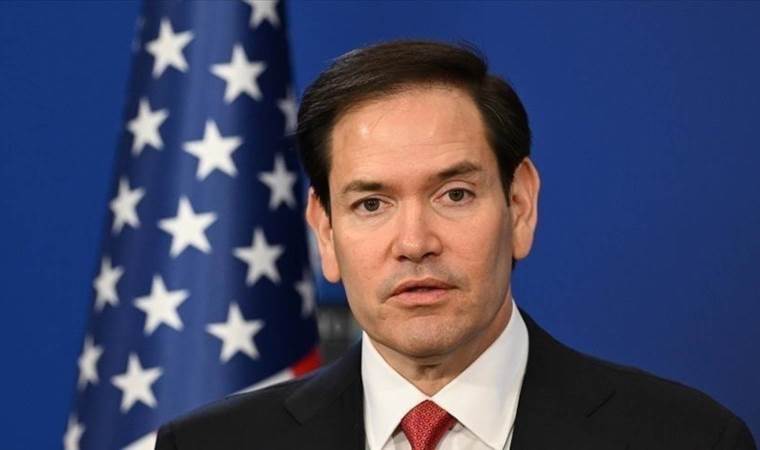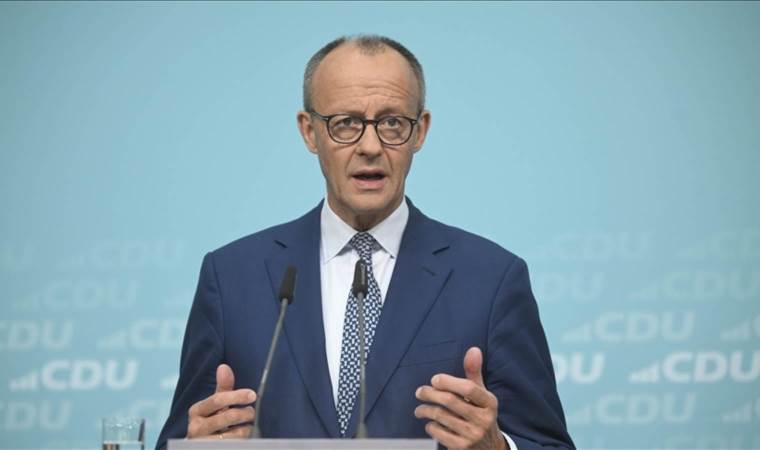Birmingham City Council votes on service cuts amid financial crisis
Birmingham City Council will soon decide on implementing service cuts and a 10% increase in council tax, following the council's declaration of effective bankruptcy. The council aims to make £300 million in cuts, a move that has been described as "devastating" by council members and could result in up to 600 job losses, affecting libraries, parks, and cultural projects.

This decision comes as councils nationwide face a collective £5.2 billion deficit by 2026. The council's financial struggles are partly due to over £1 billion in payouts for equal pay claims. Despite being legally required to maintain certain services like social care and waste collection, the council plans to reduce the frequency of bin collections and cut back on other expenditures like street lighting and highway maintenance.
The proposed 21% increase in council tax over two years, which typically requires a referendum, has been authorized by ministers to address the financial shortfall. David Mellen, the authority's leader, expressed regret over the cuts, emphasizing the impact on essential community services.
The Local Government Association notes a 27% decrease in councils' spending power for local services since 2010, attributed to government grant cuts, rising inflation, and increased living costs. Birmingham residents, like Laura Girling from Druids Heath, feel they are unfairly bearing the burden of the council's financial mismanagement.
The cuts also threaten Birmingham's arts and youth services, with significant reductions in funding for projects that residents argue are vital for the city's cultural and social well-being. Haniya Aadam, a community worker, highlights the importance of youth services in combating issues like knife and gang crime, stressing that the cuts are a city-wide embarrassment.
Shaun Davies, chair of the Local Government Association, and Andy Street, Conservative West Midlands Mayor, have both commented on the crisis. Davies calls for government action on systemic issues facing councils, while Street suggests the council should expedite asset sales and focus on private sector investment to alleviate financial pressures.
The situation in Birmingham underscores a broader crisis in local government finance, prompting calls for systemic reform to ensure councils can continue to provide essential services to their communities.
Most Read News
-
 Ecuadorians say no to foreign military bases in referend
Ecuadorians say no to foreign military bases in referend
-
 South Korean Navy to take part in anti-submarine drills
South Korean Navy to take part in anti-submarine drills
-
 US strike on boat in Eastern Pacific 'involved in illici
US strike on boat in Eastern Pacific 'involved in illici
-
 USS Gerald Ford enters Caribbean amid tensions with Vene
USS Gerald Ford enters Caribbean amid tensions with Vene
-
 US to list Venezuela-based Cartel de los Soles as foreig
US to list Venezuela-based Cartel de los Soles as foreig
-
 Germany’s Merz says EU must be transformed into European
Germany’s Merz says EU must be transformed into European
-
 Zelenskyy says Ukraine to acquire 100 Rafale fighter jet
Zelenskyy says Ukraine to acquire 100 Rafale fighter jet
-
 Bangladesh's fugitive ex-Premier Hasina calls death sent
Bangladesh's fugitive ex-Premier Hasina calls death sent








